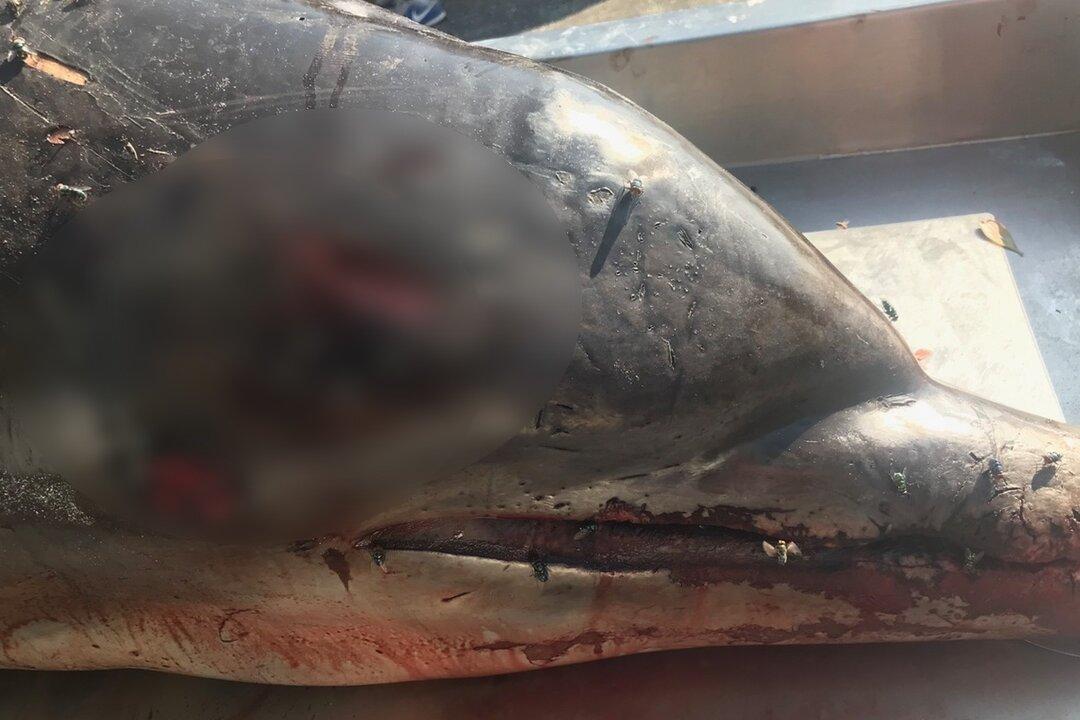Authorities have offered a cash reward of $38,000 for information leading to the arrest of the person responsible for spearing a “begging dolphin” on North Captiva Island in Lee County, Florida.
The Florida Fish and Wildlife Conservation Commission (NOAA) received a report about a bottlenose dolphin found dead at the end of May 2019, said a news release by NOAA.





